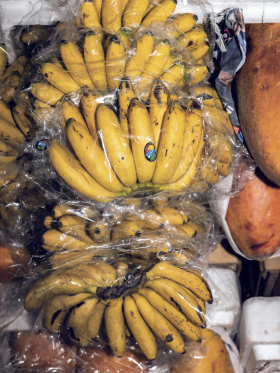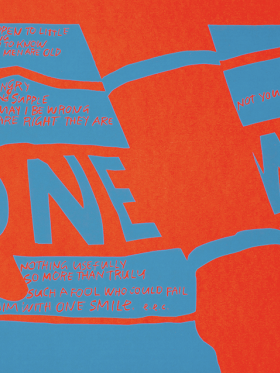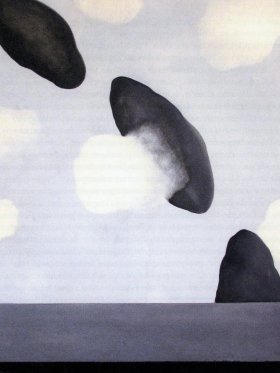577 results
Title
Section
Edition
Influencer
Innovation
Is It Possible to Detheologise Wagner?
It touches your heart, but it doesn't make you sad — an Encounter with Badiaa Bouhrizi and Tunisia
It touches your heart, but it doesn't make you sad — an Encounter with Badiaa Bouhrizi and Tunisia
It was all theatre.









